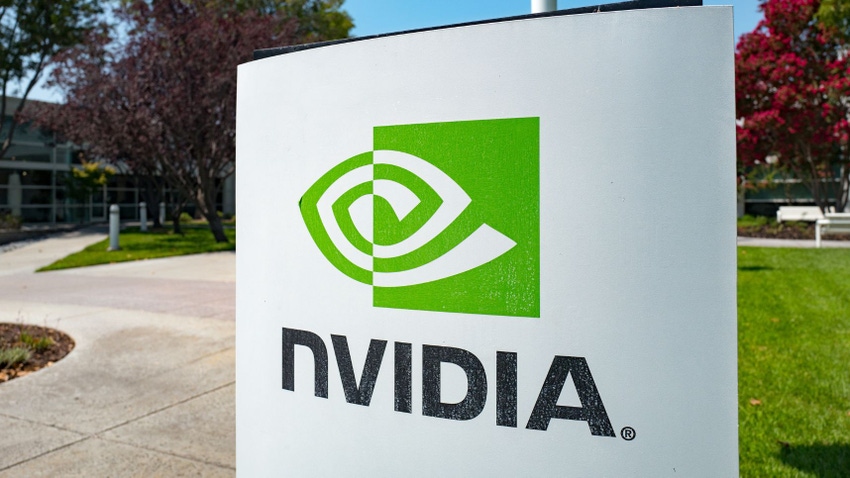Nvidia, Georgia Tech to Build AI Supercomputer for Students
Nvidia is providing Georgia Tech students access to cutting-edge technology to drive innovation in machine learning and AI

Nvidia is working with Georgia Tech’s College of Engineering to build a dedicated AI supercomputer for students.
Named AI Makerspace, the project provides undergraduate students with access to hardware that would have been previously reserved for researchers.
Students will get hands-on access to a computing cluster of 20 Nvidia HGX H100s, housing a total of 160 GPUs, enough to power advanced AI and machine learning efforts.
According to the university, a single GPU can perform a multiplication operation in one second that would take 50,000 students 22 years to achieve.
“The AI Makerspace will provide a technological upgrade equivalent to switching from an etch-a-sketch to an iPad,” said Arijit Raychowdhury, professor and Steve W. Chaddick school chair of electrical and computer engineering. “That’s the level of difference in technology that the AI Makerspace provides to students,”
Students would be able to access the cluster online, with Georgia Tech describing it as a “digital sandbox for students to understand and use AI in the classroom.”
Currently only undergrad students in the university’s machine learning course have had access, using the hardware to experiment and prototype ideas.
By fall 2024, the Makerspace will be incorporated into the curriculum of all eight engineering schools at Georgia Tech. And by 2025, all Georgia Tech engineering undergraduate and graduate students will have access.
The university is also planning to launch an augmented reality and virtual reality sandbox in 2026 that will be powered by Omniverse, Nvidia’s platform for developing mixed-reality applications.
Georgia Tech students would also gain access to hands-on AI training courses from Nvidia’s Deep Learning Institute, as well as workshops, teaching kits and certifications.
“AI supercomputers provide a platform to help drive powerful new discoveries that could solve some of the world’s most complex challenges,” said Cheryl Martin, Nvidia’s director of higher education and research. “Georgia Tech’s AI Makerspace will provide students with access to NVIDIA’s accelerated computing platform, equipping them with the technology to push the boundaries of AI learning and research.”
Raheem Beyah, dean of the college said that with Nvidia’s help, its students “have a path to make significant contributions and lead in the rapidly evolving field of AI.”
Georgia Tech’s Partnership for an Advanced Computing Environment (PACE), is providing infrastructure support, ensuring students have the necessary tools and assistance to best utilize the cluster.
PACE will build “smart interfaces” to ensure students from all backgrounds and proficiency levels can effectively utilize the computing power.
Bradley Shimmin, chief analyst, AI and data analytics at research firm Omdia said the partnership “should be applauded as it will undoubtedly accelerate learning among the Georgia Tech student body.”
“I am particularly impressed by some of the programs that are already being built around this new supercomputing platform, specifically the university’s ‘AI for Engineering’ curriculum, which will shortcut theoretical musings to instead focus on pragmatic applications of AI in real-world applications,” Shimmin said.
Shimmin highlighted that while the project is altruistic in nature, it serves as a "powerful and lasting introduction to Nvidia AI technology stack, which will likely influence students as they enter the workforce post-graduation."
About the Author(s)
You May Also Like


.jpg?width=700&auto=webp&quality=80&disable=upscale)
.jpg?width=700&auto=webp&quality=80&disable=upscale)
.jpg?width=700&auto=webp&quality=80&disable=upscale)
.jpg?width=300&auto=webp&quality=80&disable=upscale)
.jpg?width=300&auto=webp&quality=80&disable=upscale)
.jpg?width=300&auto=webp&quality=80&disable=upscale)
.jpg?width=300&auto=webp&quality=80&disable=upscale)
.jpg?width=300&auto=webp&quality=80&disable=upscale)